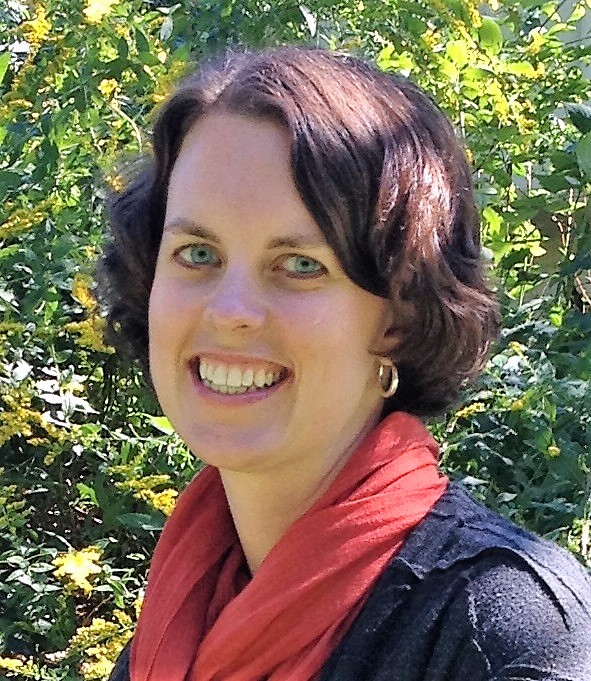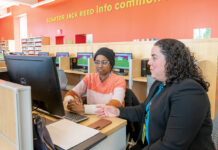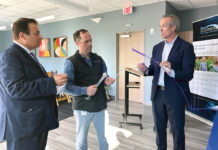The University of Rhode Island Engaging Generations Program: Cyber-Seniors links older people with college students, with technology the backdrop for teaching, learning and collaboration. University Assistant Professor Skye Leedahl is one of the program’s faculty leaders.
PBN: What are some of the main reasons you see seniors wanting to learn technology, or to learn to use technology more than they are currently using it?
LEEDAHL: This is a very interesting question right now because we are working on a peer-reviewed manuscript that will address this. The types of devices that older adults mostly ask for help with include laptops, tablets and mobile devices. For basic functions, people are interested in learning about turning devices on and off, charging devices, knowing when to allow a device to remember log-in and password information … Topics covered during sessions have included: airplane mode, changing displays, find my iPhone, ring tones, brightness, and volume. To help with staying connected, topics have included making phone calls, checking missed calls/voicemails, texting, video conferencing … Many people ask for help with emailing and some of the advanced features of emailing, such as attachments. Older adults who are interested in social media tend to inquire about Facebook, Twitter and Instagram.
PBN: In teaching someone who has never been online before how to access the internet, is there a best way to explain things, conceptually? Or does it depend on the individual senior?
LEEDAHL: It definitely depends on the individual, and that is one of the primary reasons why we mostly hold one-on-one sessions. The students have found some creative ways to make the information understandable … sometimes they use metaphors, analogies, or concepts that are familiar to the older participants when explaining new concepts … it really helps to go over the information multiple times, to ensure the information learned is actually retained. The students have really found it to be helpful and research supports this. Another important thing we work to instill in the students is how to show the older participants problem-solving techniques. They can search the internet, watch a YouTube video, ask someone else, or simply try different things until something works. Participants see how to problem-solve and reduce anxiety that they are going to break something.
PBN: On the URI website, Jamestown Senior Center is listed as one of the program’s partners at this time. Is the program looking for additional community partners?
LEEDAHL: We currently have 11 community partners. We started with two during Fall 2015 … we do try to limit our expansion because we mostly operate on a small budget with some graduate-student support (thanks to support from the Rhode Island Geriatric Education Center.) and any research dollars we are able to secure. We are working to identify additional education partners who would have students interested in participating. We are also working to secure funding to be able to expand.
PBN: Where the program addresses a digital divide between seniors and these skills, it also helps out URI students across disciplines. Can you explain?
LEEDAHL: For students who are used to sitting in a classroom and mostly learning new information from others, this program can really help them with gaining those necessary leadership and teaching skills that can make them more easily employable. Many of the students even maintain relationships with their participants after the program. Our research has shown that the students have reduced negative stereotypes towards older adults and aging after participating.
PBN: What is one of your favorite success stories from the program?
LEEDAHL: One older adult has participated in the program every semester since we’ve been offering it and attends many sessions each semester (sometimes at multiple sites). She has some memory issues, so it seems the repeated sessions help her retain the information. This person has a very advanced education and led quite the career and uses the technology to be able to give lectures, make videos and write a book. It is very rewarding for the students to help her continue to contribute, and hearing her story is a wonderful lesson for students to learn about productive aging.
Susan Shalhoub is a PBN contributing writer.













